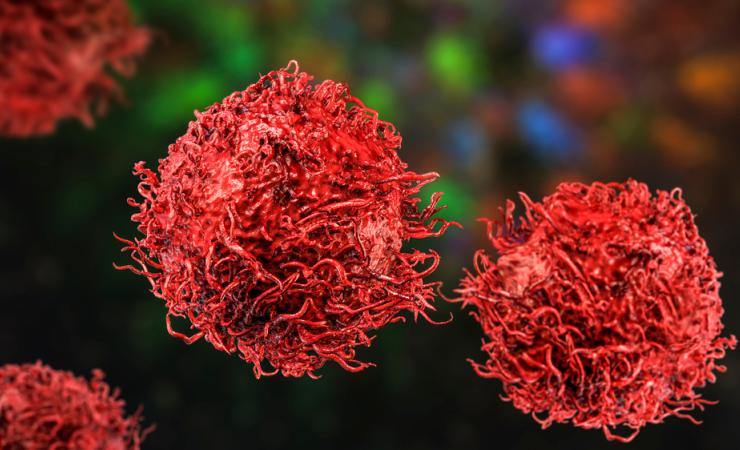The European Lead Factory (currently funded through the IMI-funded ESCulab project) is a screening service with a vast chemical library that can be trawled by researchers and drug developers on the hunt for compounds that will have an effect on a particular biological pathway in the body. If a compound is found that can inhibit a particular process involved in disease, it might then progress to early preclinical testing, and in the long run, to a new drug.
Two drug companies, an Israeli SME called Metabomed and the German pharmaceutical company Merck KGaA, have both recently identified compounds in ELF’s high-quality compound collection that show promise in inhibiting their target pathways, both of which are involved in the development of tumours. Both compounds have now advanced to phase 1 human clinical trials.
Each of Metabomed’s drug discovery projects targets metabolic pathways involved in cancerous growths. Based on the ELF screening results, the company identified some potent and selective acetyl-CoA short-chain synthase 2 (ACSS2) inhibitors that could potentially be used for the treatment of cancer. The company has secured more than US$12 million to fund the further development of one of the compounds in the series, called MTB-9655, and it is now in phase I trials in patients with solid tumours in the US and in Israel.
Merck KGaA is developing a compound, called M4205, which is based on a hit compound originally identified as part of an ELF programme. It’s a selective inhibitor of particular disease-associated cKIT mutations that occur in the most common type of gastrointestinal tract tumour. Mutations in the gene that encodes cKIT, a protein found on the surface of many cells, are the primary drivers of this kind of cancer.
There are two cancer drugs on the market that have limited success in treating this type of tumour, and one of them has the potential to drive resistance. As such, there is a big unmet need for treatments for those who develop resistant mutations. Merck say that preclinical studies of M4205 in preclinical models showed promise, and a phase I trial is now in preparation.
ELF/ESCULAB are supported by the Innovative Medicines Initiative, a partnership between the European Union and the European pharmaceutical industry.
